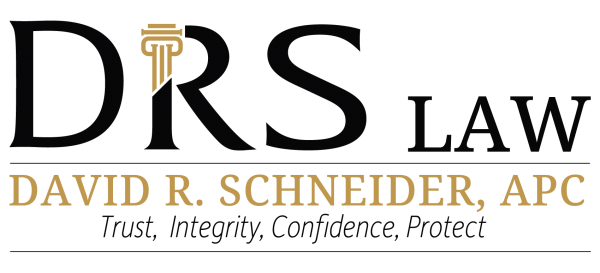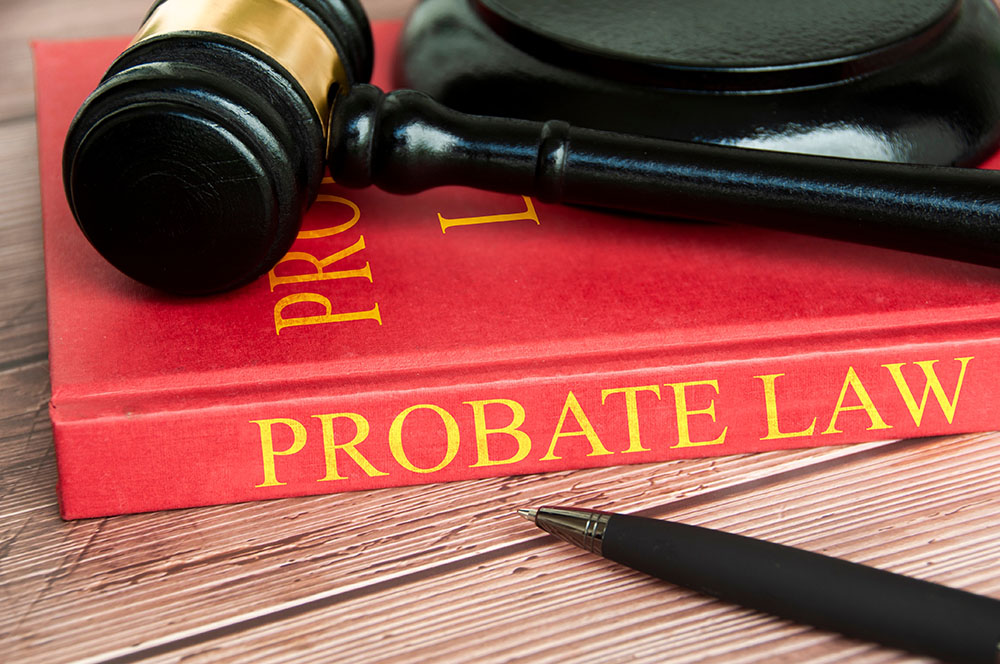What is Probate – Why Do You Need More Than a Will, or TOD Deed?
The word ‘Probate’ is most often used by lay persons meaning the process of dealing with a deceased person’s estate.
Probate is a practice of law, similar to personal injury or criminal law; it encompasses a unique set of codes and case law which applies to matters adjudicated through the probate courts. In this context, counseling and creating a trust for a client is part of the practice of probate law, primarily because establishing a trust can be a strategic way to avoid the probate process.
A Probate Proceeding is the formal procedure through the probate court system of administering a decedent’s estate, ensuring creditors are paid, dealing with challenges against the estate, authorizing the right person to step into the decedent’s shoes to take care of finalizing the decedent’s debts, contracts, and then distributing what is left to heirs as defined in the decedent’s Will, or if there is not a Will, then according to the probate code which follows a line of succession of relations. Yes, wills most often pass through a Probate Proceeding.
A probate proceeding is required when three factors are present and we need all three of them:
- A person dies; and
- The decedent owned assets in their own name; and
- The value of the assets owned by the decedent exceeds 185k in gross value, not net equity.
Well, everyone eventually dies, it is actually hard to not own assets, and most of us have assets which eclipse the low value of the code. Think about this; are there home ownership opportunities in CA where the property has a value of less than 185k? It is not equity, but gross / sale value.
Alternatives Sometimes Used Other Than Trusts
CA has a special deed that allows for a homeowner to create a Transfer on Death (TOD) deed. This allows for this specific asset to pass to the named beneficiary and avoid the probate proceeding process. While this is of course a good thing, there are some serious concerns in relying solely on this process.
To begin with, the deed has to be completed correctly according to some very specific language, it must be recorded and the named beneficiary has to survive. If any of these requirements are not met, the property will have to pass through the probate proceeding as if there was no TOD at all. There is no room for error.
Secondly, this does nothing to help us if the homeowner has become incapacitated. The named beneficiary cannot sell the home or otherwise tap into the equity to take care of the incapacitated homeowner.
Third, it requires a beneficiary with the maturity to handle the responsibility. Being an adult does not equate to being mature. The gift of a house to someone who is by law an adult but lacks the skills and responsibilities to take care of such a valuable asset may lose this asset.
Lastly, it is simply more difficult when leaving the property to multiple persons (children versus child), as now the kids will be partnered in a situation that may not have wished to be in, particularly if one beneficiary is living in the premises or refuses to sell when the other wants to take the equity e.g., they have a home and live in another state.
What is Power of Attorney
Someone who has used a TOD described above, will want to supplement this with a Power of Attorney. This is to be used during a period of incapacity. However, it will take a special kind of power of attorney to be used in order to sell real estate, one in which many escrow/title companies and lenders are reluctant to deal with due to the potential for fraud and abuse. Furthermore, many banks and brokerage companies dislike the power of attorney for similar reasons.
Trying to use a patchwork of tools rather than develop a complete estate plan will likely save some money, but just as likely transfer work and problems to the next generation. Having the complete estate plan worked through your attorney who is aware of all of your assets, concerns, and family dynamics can produce a comprehensive plan that will ensure there are no gaps in the protections you and your family need.
Estate planning consultations are available virtually and in the office, and David is happy to help clients throughout California. He has helped thousands of families set and achieve their estate planning goals. David sees clients by appointment only to ensure that each has his undivided attention. Contact us to schedule a free consultation today with a probate attorney at 805-374-8777 or dschneider@drs-law.com. We look forward to hearing from you and helping you set up your comprehensive estate plan, including a living trust, a pour-over will, durable power of attorney, advanced healthcare directive, the nomination of a guardian and special needs trust where needed.

